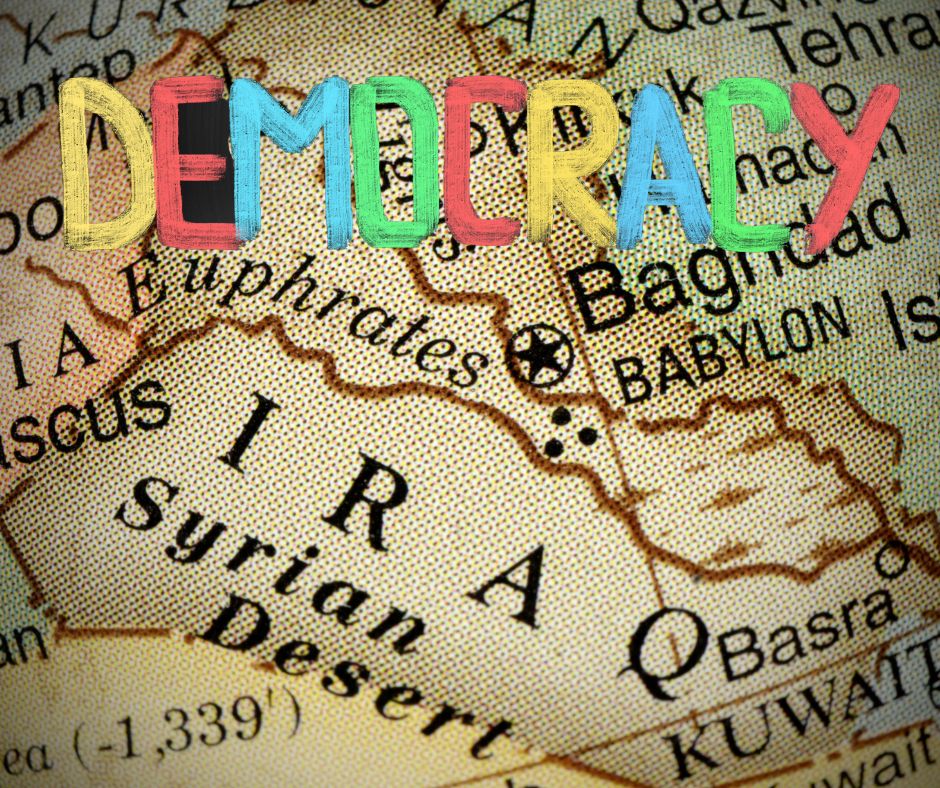
Source: AUN News
Jordan’s AMMAN, August 12 (IPS) – Years of political gridlock impetus for Al-Sadr supporters to storm the Iraqi parliament, endangering democracy and stability.
Iraq’s battered democracy is being put under stress once more, and the people of Iraq are suffering as a result. Supporters of Shi’ite leader Muqtada Al-Sadr have twice staged sit-ins and stormed the Iraqi parliament in recent weeks.
Coordinating Structure
Their opposition stopped the planned appointment of Mohammad Shia Al-Sudani as prime minister. Besides Al-party, Sadr’s Shi’ite Coordination Framework, which brings together numerous organizations and militias, nominated Al-Sudani.
Since the election in October 2021, Iraq has been engulfed in a political standstill as disparate, primarily Shi’ite forces fought for power. With 73 of the 329 seats, the party of Shi’ite cleric Al-Sadr won the election but two. Still, two long-standing Shia coalitions supported by Iran, the Fatah Alliance and the Al-Nasr Alliance, suffered significant defeats.
Al-Sadr wanted to build a triple coalition of his organization, the Sunni Taqaddum Coalition, and the Kurdish KDP after the election to form a majority administration. However, the Shi’ite Coordination Framework insisted that the Iraqi unity government, which would be a part, continue.
The MPs from the Sadr party resigned after they attempted to create a government that failed. The Coordination Framework now has the initiative. Sadr’s resignation from the legislature is a calculated move to gather support as a claimed outsider against a corrupt political establishment and spark mass demonstrations.
In light of this, the parliamentary sit-in and the largest protests since the widespread rallies of October 2019 are not shocking.
Al-Sudani is not personally connected to the ongoing protests. Although Iraqi scholars dispute this, the Sadrists view Al-Sudani as a puppet of Nouri Al-Maliki, head of the State of Law Coalition and former prime minister from 2006 to 2014.
Al-Sudani, who served as Nouri Al-minister Maliki’s for human rights, would not, in any event, be a horrible pick compared to other probable contenders. However, in light of recent events, Al-Sudani doesn’t stand a great chance of becoming prime minister.
Democratic answers
There doesn’t seem to be a way to avoid Al-Sadr, the populist king-maker. He criticizes inefficiency, corruption, and Iran’s influence in Iraq, but he is hardly Mr. Clean himself. His impulsiveness severely constrains Iraq’s prospects for peaceful and democratic solutions.
Over 100 people have already been hurt on the side of the demonstrators and the security forces, but this threatens to start an escalation cycle that has so far spared no lives.
Possible outcomes include new elections and the outbreak of civil war. However, the possibility of a civil war is improbable right now, at least due to two things. Al-Sadr and the Shi’ite Coordination Framework, two organizations of Iraqi Shia who disagree over Iran’s influence and the structure of government but who share similar religious beliefs and are commemorating the holy month of Muharram, are currently in conflict with one another.
Shi’ites remember the family tragedy of Husayn ibn Al in this first month of the Islamic calendar. During this time, war is not permitted. Second, those involved in this power battle know that a civil war might reduce their level of influence and limit their capacity to bestow generosity.
People’s confidence in democracy is waning.
This political blockage primarily harms democracy and the Iraqi people. In any case, the legislative legitimacy was compromised by the record-low turnout of 43.5%. Even more so now that the Sadrist MPs have left the legislature, representing only a tiny portion of the populace.
Democracy’s public support had already been severely weakened. Broad swaths of the nation were shaken by the most violent mass protests since 2003, from October to December 2019. The political system, massive unemployment, widespread corruption, and poor government services infuriated young Iraqis.
Hundreds of protestors were killed or hurt as Iraqi security forces forcefully put down the demonstrations. The two main objectives of the Tishreen (October) movement were a new, non-corrupt administration and essential political system change (such as eliminating the so-called Muhasasa system, which involved ethnic-religious quotas). Both requirements are still primarily unmet. Thus, there would be ample justification for the Tishreen movement to return to the streets.
But the movement is more dispersed than ever. The campaign has been infiltrated by radical and religious elements, who have attempted to impose their objectives on it. Some have joined parties that sprang from the protests, while the administration has coopted others. Thus, we might infer that today’s movement has lower mobilization potential than it did in the past.
Political situation
The little public confidence in democracy will erode the more prolonged the political embargo lasts. This lessens the likelihood of a peaceful resolution to the political situation. We have observed throughout the time that the political elite is powerless to oversee a change to the current order.
The long-desired change might be brought about through increased political participation among Iraqi citizens, such as in free and fair elections, and pressure from the street. But to achieve that, corrupt elites will need to give up their hold on power and make room for a democracy that is theoretical and practiced.
